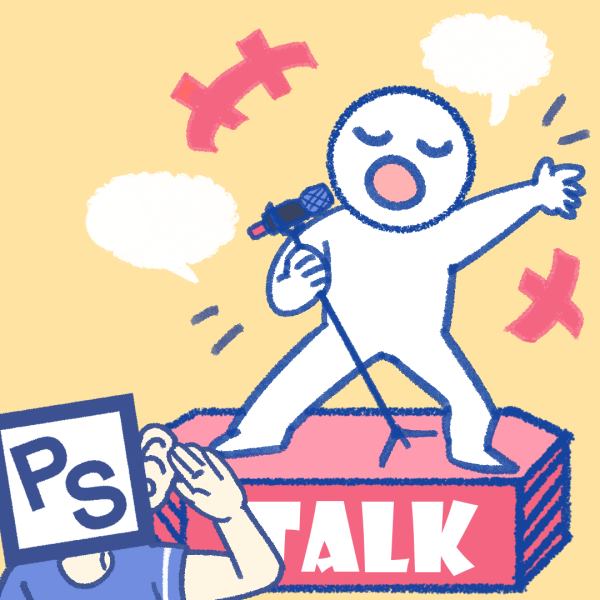Original publish date:Aug 24, 2004
編輯 HCC 報導
加拿大科學家經由實驗比對,確認學音樂的小朋友能增加智力。試驗對象144名6歲小孩;4個測試組:鍵盤音樂課、歌唱課、戲劇課、一個啥都不學的對照組;測試時間:一年;測試目標:智商與團體適應能力。測試結果顯示前兩組小朋友的智商較後兩組增加為多。
多倫多大學心理學系E. Glenn Schellenberg博士研究學童課外活動對智力與社會發展的影響,他找了144個六歲兒童任意分成四個活動組:鍵盤課、歌唱課、戲劇課以及一組什麼都不學。音樂課分成鍵盤與歌唱兩組,目的在於歸納觀察結果;戲劇與啥都不學的一組則充為控制組,以測試音樂課程對其他需要類似技巧的藝術課程以及完全不學的影響,課程時間為期一年。由兒童參加課程前後的智商測驗顯示,學鍵盤與歌唱兒童的智商較另兩組增加為多;學戲劇的小孩在社會行為適應上顯現了改善,學鍵盤與歌唱的兒童於此則未見改變。
不過父母親在掏腰包送小孩上音樂課之前,要注意ScienceDaily 的報導完全引用American Psychological Society(APS)網站的報導,APS標題是“New Research Provides the First Solid Evidence that the Study of Music Promotes Intellectual Development”, 文章中的一段提到“The results of this study revealed that increases in IQ from pre- to post-test were larger in the music groups than in the two others”,似乎學音樂會變得較聰明。不過論文原文“Music Lessons Enhance IQ”的結論如是說,“The findings indicate that music lessons cause small increases in IQ, but comparable nonmusical activities do not have similar consequences. By contrast, drama lessons had favorable effects on social behavior that were not evident in the music groups.”,在智商上僅有小幅增加;而且論文中的數據顯示,鍵盤組兒童在學習前後的整體智商變化為102.6-108.7,歌唱組兒童的整體智商變化為103.8-111.4,戲劇組則為102.7-107.7,沒有學習的一組為99.4-103.3。若對此些數據取ln值觀察其斜率,則僅歌唱組的變化稍大而已。另外作者也提到上學受教能增加智商,小班制特別有效,所以像棋藝、科學研習、閱讀等課外活動可能會獲得相似的好處。
所以若僅為了讓小孩變的聰明而學琴,不如陪小孩閱讀也能獲得相同的效果,而且更能增進親子關係。
參考來源:
- Science Daily: New Research Provides The First Solid Evidence That The Stud
- American Psychological Society, New Research Provides the First Solid Evidence that the Study of Music Promotes Intellectual Development, August 19, 2004
- Music Lessons Enhance IQ
本文版權聲明與轉載授權資訊:
- 本文採用書面授權轉載模式,詳細著作權聲明與轉載規定請見 http://sciscape.org/copyright.php。






























